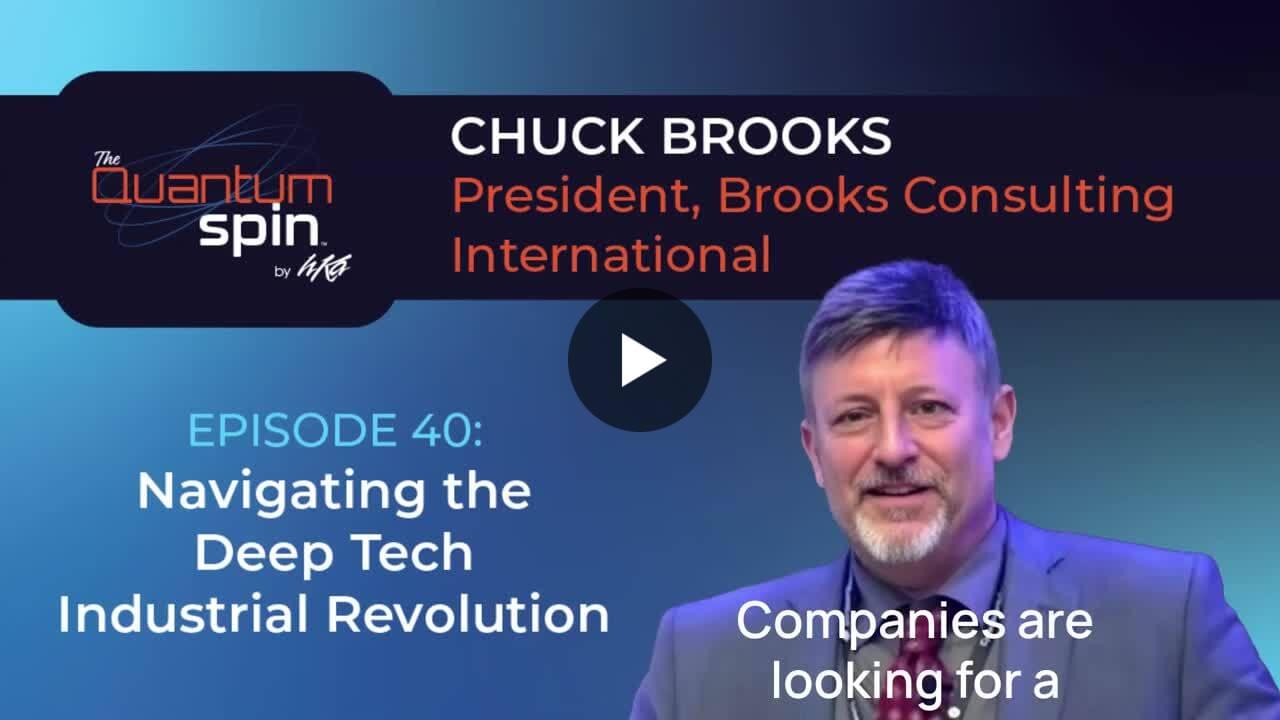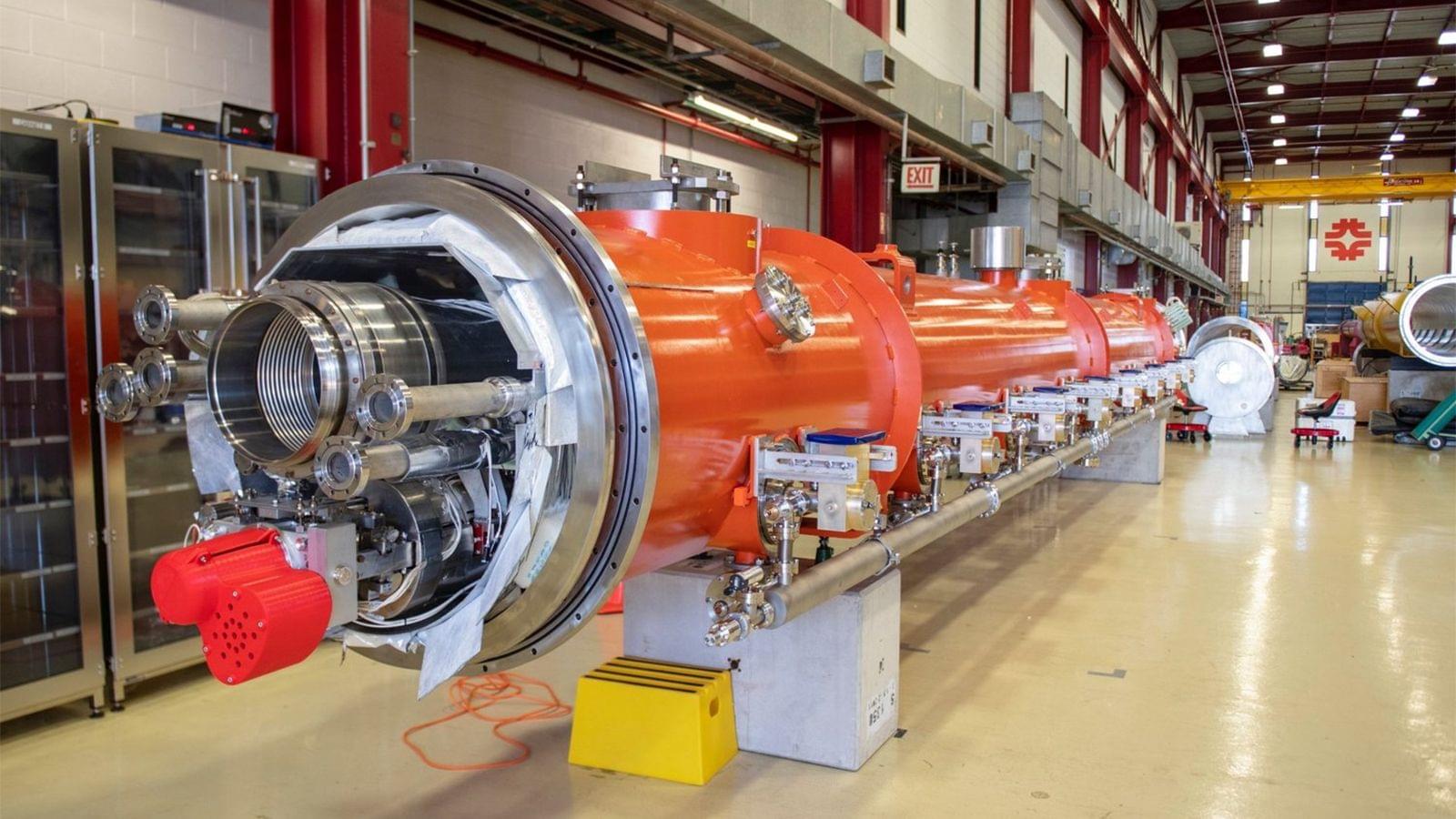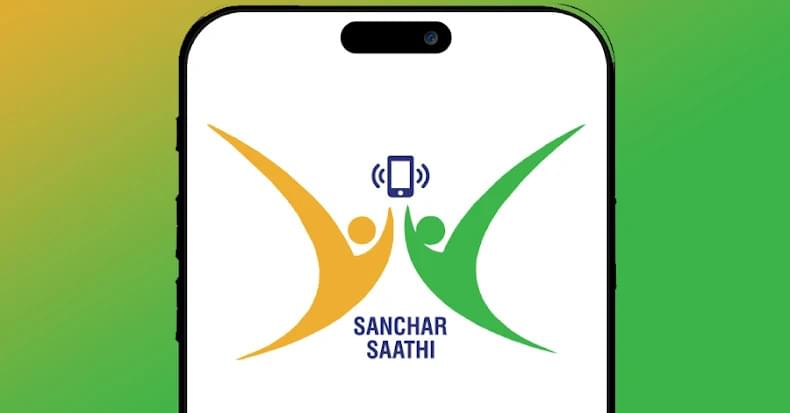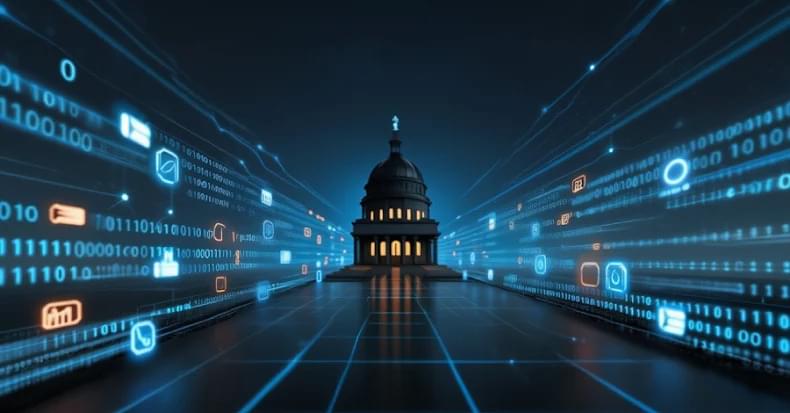Nvidia has approval from the U.S. government to sell its more advanced H200 AI chips to China. But the question is whether Beijing wants it or will let companies buy it.
The company can now ship its H200 chip to “approved customers”, provided the U.S. government gets a 25% cut of those sales. It had been effectively banned from selling any semiconductors to China earlier this year, but since July sought to resume H20 sales, a less advanced chip designed specifically to comply with export restrictions.
Reports had suggested Beijing prohibited local companies from buying the H20. Nvidia is not baking in huge China sales into its forecasts as a result. After the ban was lifted, the Financial Times reported China would “limit access” to the H200, citing unidentified sources.








